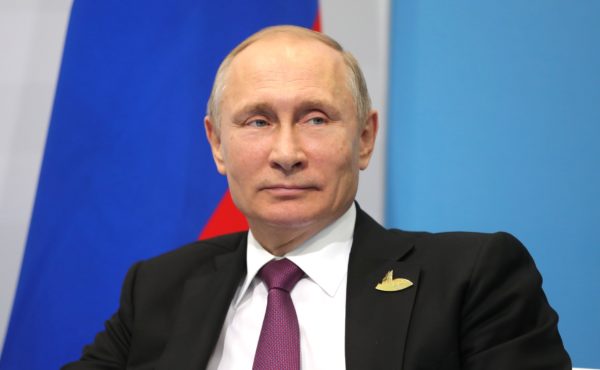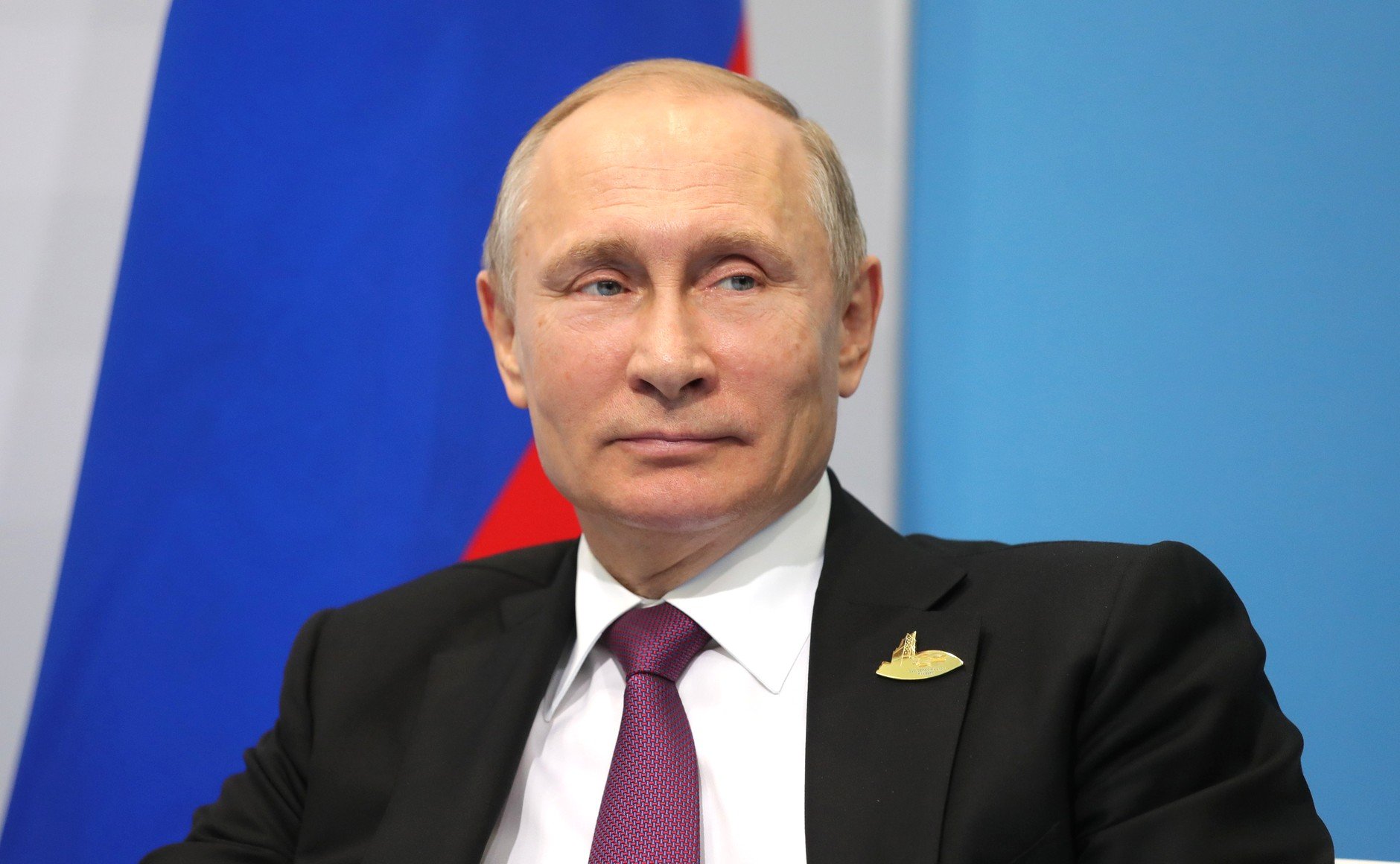
Independent journalists and bloggers in Russia could be labeled as “foreign agents” after a controversial law has been amended on December 2.
The “foreign agent” label already applies to certain media organizations and NGOs which engage in politics and receive funding from abroad.
The EU, Amnesty International and the OSCE international security body condemned the amended law.
“Foreign agent” was a Soviet-era term of abuse for political dissidents.
President Vladimir Putin signed the amended “foreign agent” media law.
Russia says the original media bill, introduced in 2017, was its response to a US requirement for Kremlin-backed broadcaster RT to register as a foreign agent in the US.
Russia: State Duma passes law requiring internet companies to store citizens’ personal data inside country
Mikhail Gorbachev denounces Russia new laws as attack on citizens’ rights
The first “foreign agent” law, introduced in 2012, targeted non-governmental organizations (NGOs), including charities and civil society groups, which get foreign funding and engage in political activity in Russia.
In 2015 Russia’s justice ministry listed Memorial – a distinguished chronicler of human rights abuses – as a “foreign agent”.
The anti-corruption organization of anti-Putin campaigner Alexei Navalny has also been declared a “foreign agent”.
Groups, and now individuals, labeled as “foreign agents” have to put that label on their publications and submit detailed paperwork to the authorities, or face fines for not doing so.
The media law was steered through parliament’s lower house – the Duma – by lawmakers Leonid Levin and Pyotr Tolstoy.
Leonid Levin explained that for an individual to be labeled a “foreign agent” two criteria must be valid: they must be producing or spreading material from a “foreign agent” media source, and they must be getting foreign funding.
He said that re-tweeting “foreign agent” news would only make an individual a “foreign agent” too if he or she was also receiving foreign funding.
There has been a chorus of disapproval from human rights groups for the new law.
OSCE media freedom representative Harlem Désir said the law “represents a disproportionate interference in the freedom of expression and media freedom”.
Maja Kocijancic, spokesperson for the EU’s External Action Service (EEAS), said the legislation “imposes an additional administrative and financial burden, as well as stigmatizes the media or NGO concerned, thus restricting the exercise of fundamental freedoms”.
She said: “Taking into account the already limited space for free media in the country, a further extension of the scope of the legislation is yet another worrying step against free and independent media and access to information, as well as a further attempt to silence independent voices in Russia.”
According to Amnesty International the new law “will have a detrimental impact on the already restrictive environment for independent journalism in Russia, and must be dropped”.
